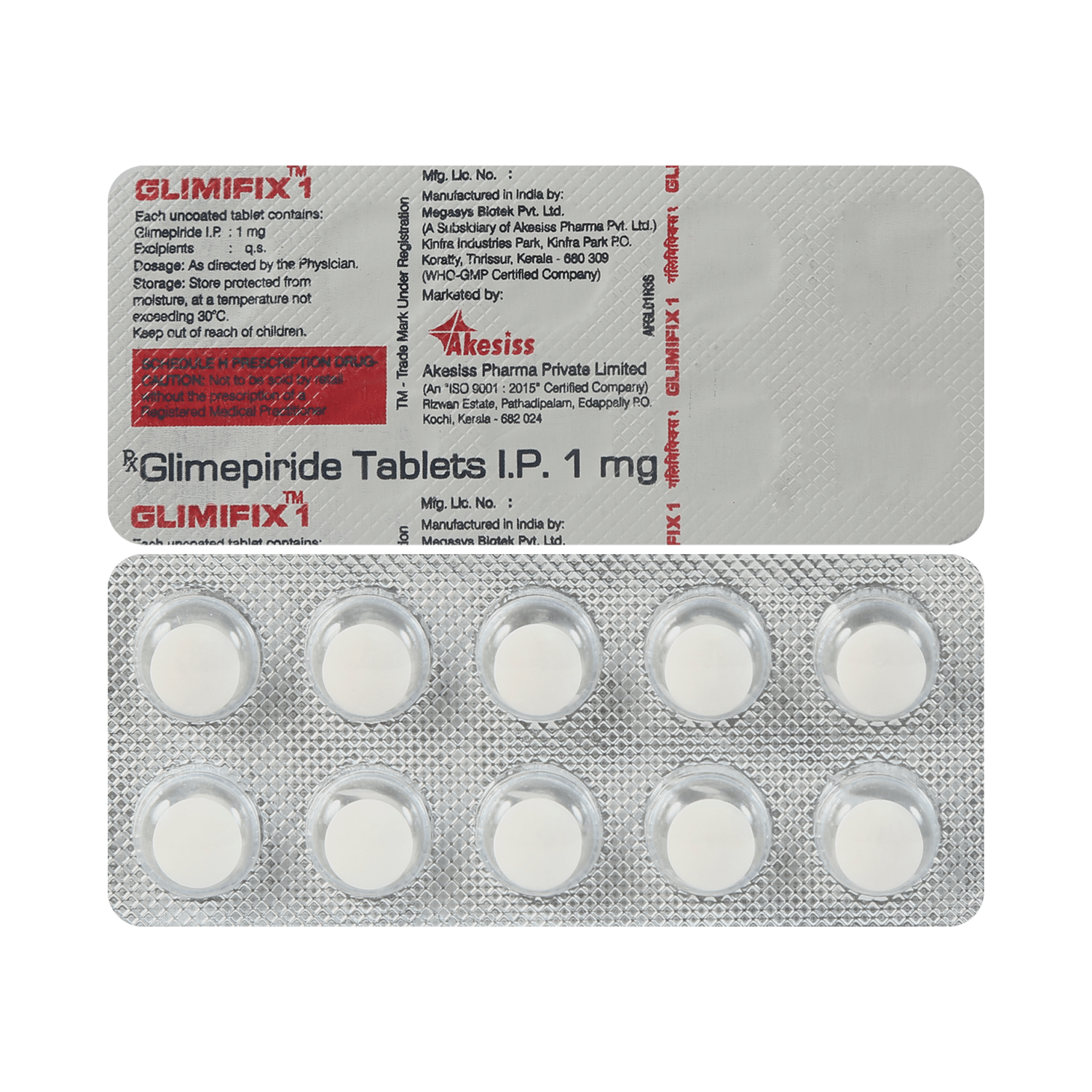
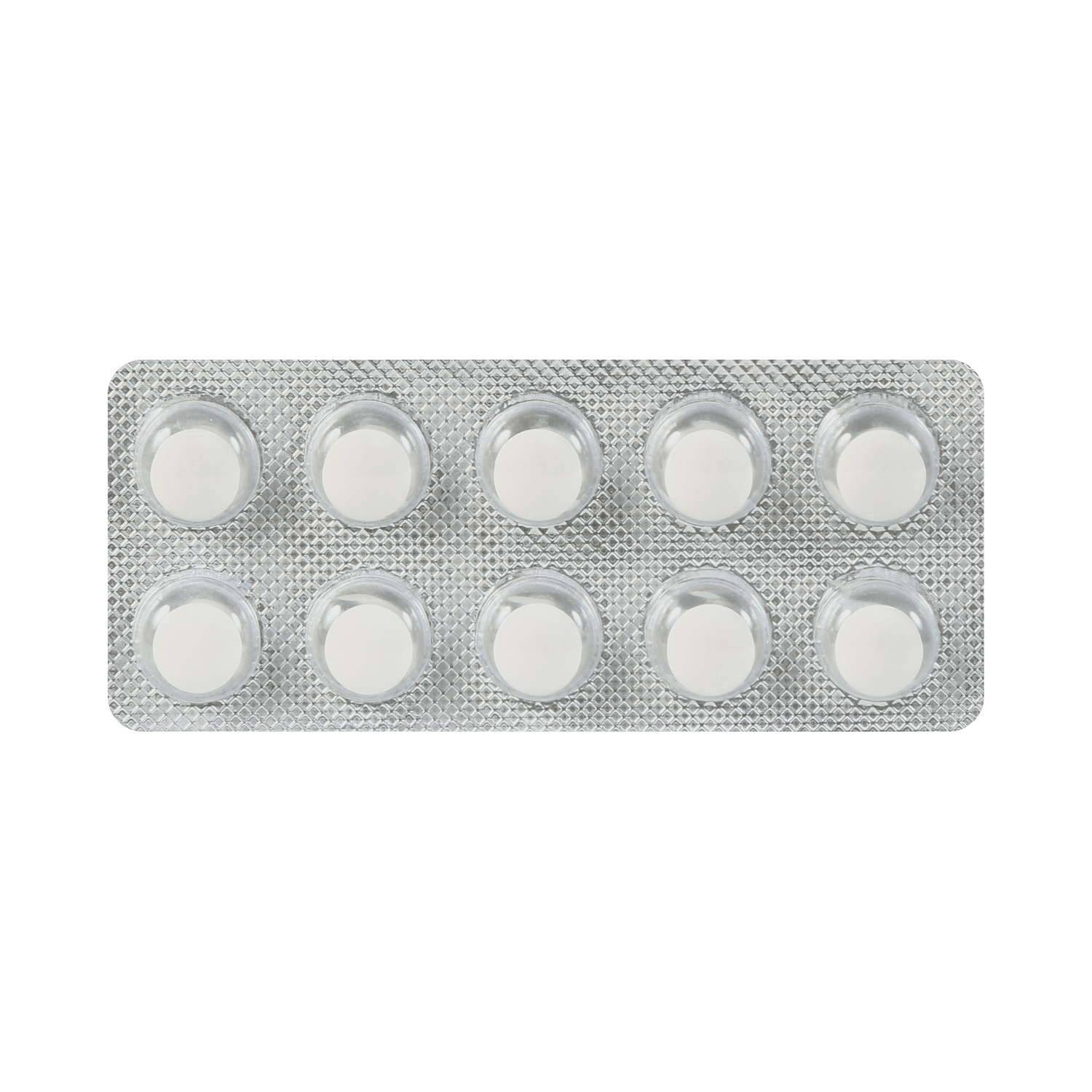
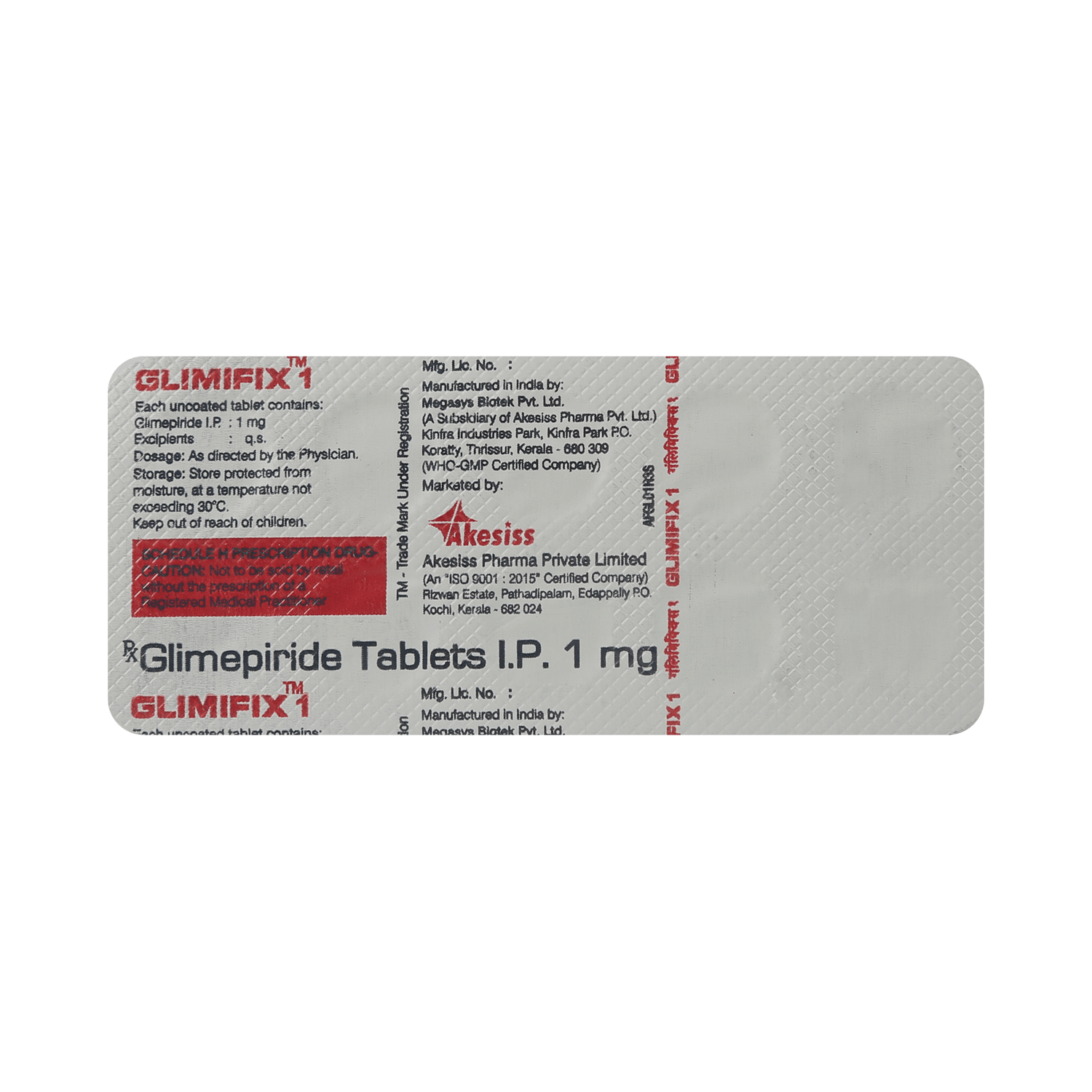
Glimifix 1mg Tablet
Manufacturer
Akesiss Pharma Pvt Ltd
Salt Composition
Glimepiride (1mg)
Key Information
Short Description
Glimifix 1mg Tablet is a sulfonylurea medication used to treat type 2 diabetes mellitus in adults, helping to control blood sugar levels and prevent serious complications.
Dosage Form
Tablet
Introduction
Glimifix 1mg Tablet is an antidiabetic medication that belongs to a group of medicines called sulfonylureas. It is used to treat type 2 diabetes mellitus in adults. It helps control blood sugar levels in people with diabetes thereby preventing serious complications of diabetes such as kidney damage and blindness.
Directions for Use
Take this medicine in the dose and duration as advised by your doctor. Swallow it as a whole. Do not chew, crush or break it. Glimifix 1mg Tablet is to be taken with food.
How it works
Glimifix 1mg Tablet is an antidiabetic medication. It works by increasing the amount of insulin released by the pancreas in order to lower blood glucose.
Quick Tips
Take Glimifix 1mg Tablet shortly before or with the first main meal of the day (usually breakfast) Exercise regularly Eat a healthy diet and take your other diabetes medicines (if prescribed) alongside Monitor your blood sugar level regularly while you are taking Glimifix 1mg Tablet Glimifix 1mg Tablet can cause hypoglycemia (low blood sugar level) when used with other antidiabetic medicines, alcohol or if you delay or miss a meal Be careful while driving or operating machinery until you know how Glimifix 1mg Tablet affects you Always carry some sugary food or fruit juice with you in case you experience hypoglycemic symptoms such as cold sweats, cool pale skin, tremor and anxiety Your doctor may check your liver function regularly. Inform your doctor if you develop symptoms such as abdominal pain, loss of appetite, or yellowing of the eyes or skin (jaundice)
Related Medicines
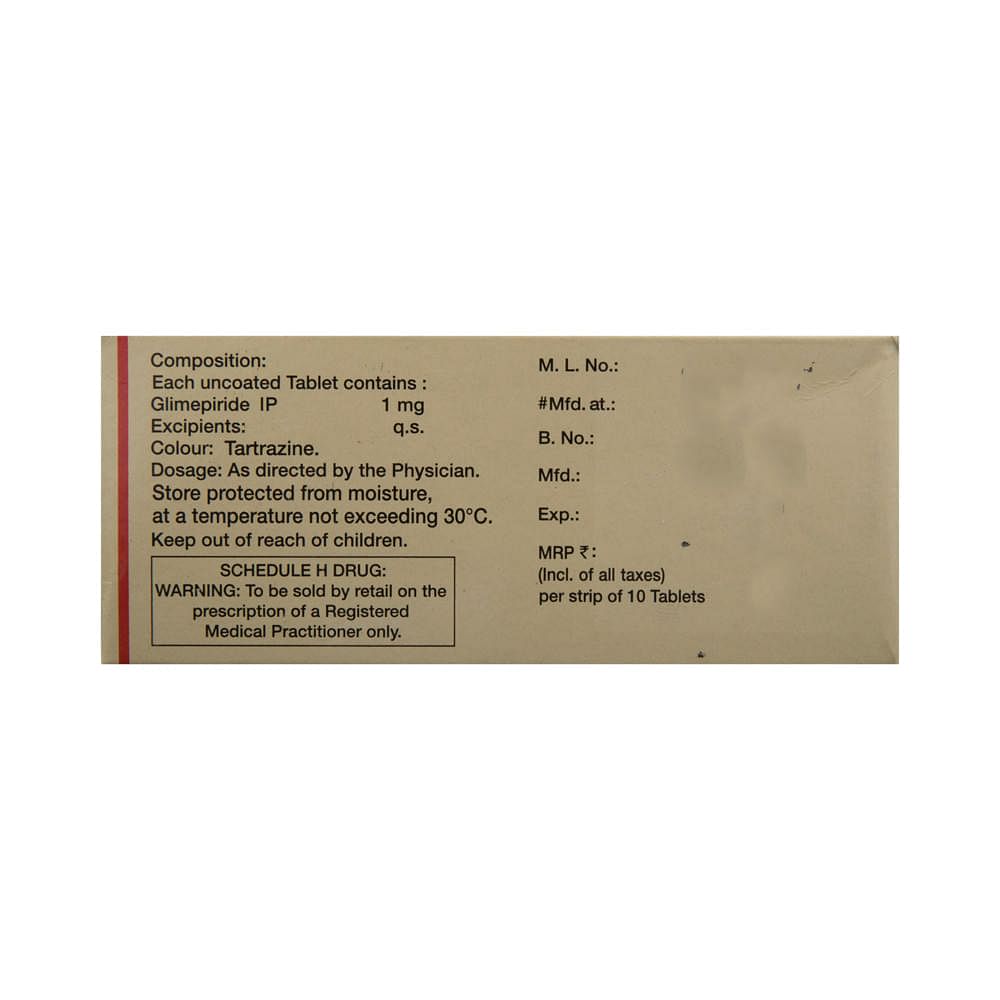
Glimiprex 1 Tablet
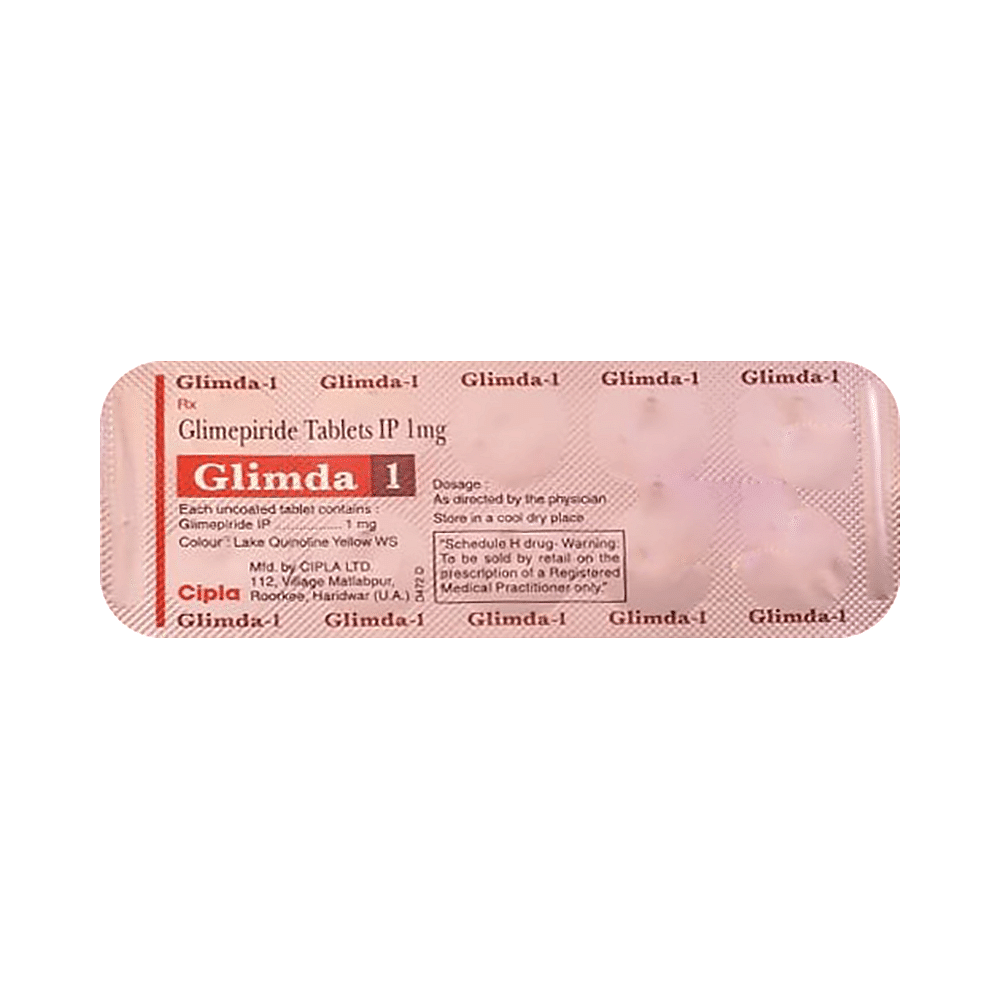
Glimda 1 Tablet
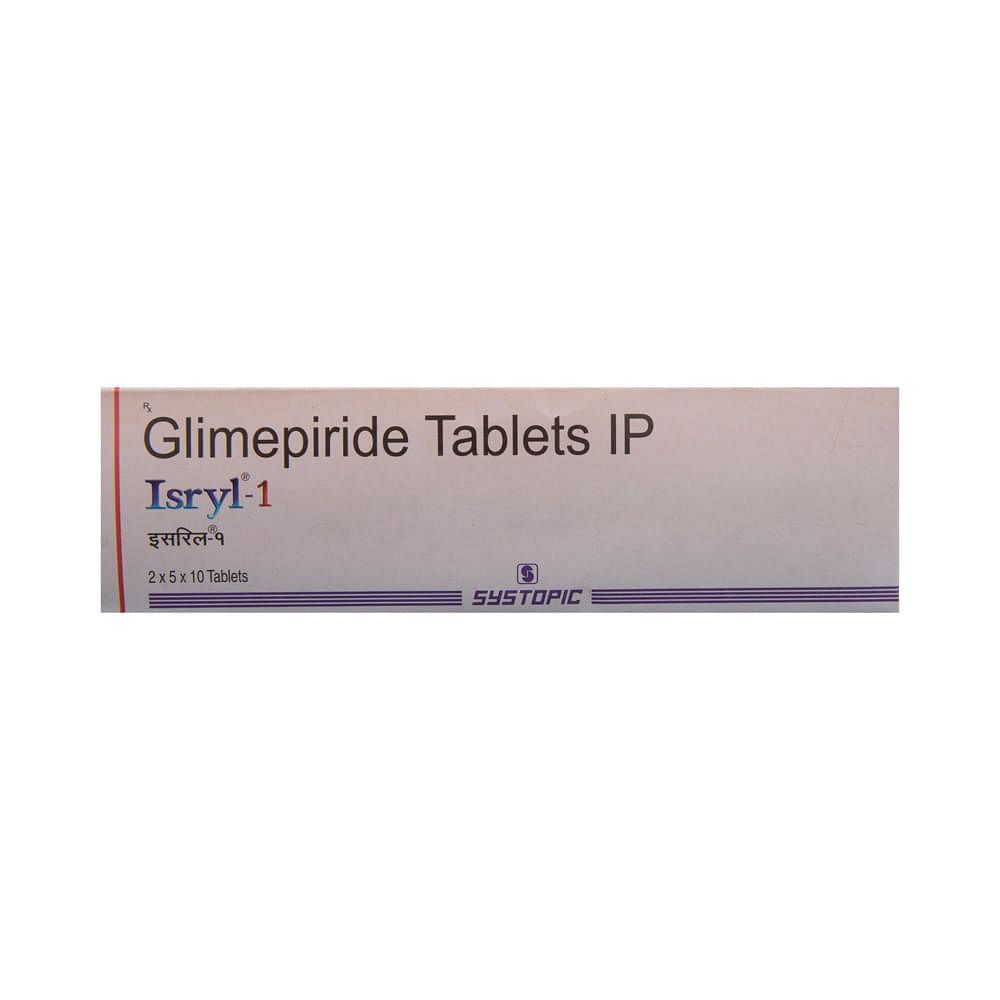
Isryl-1 Tablet

Diapride 1 Tablet
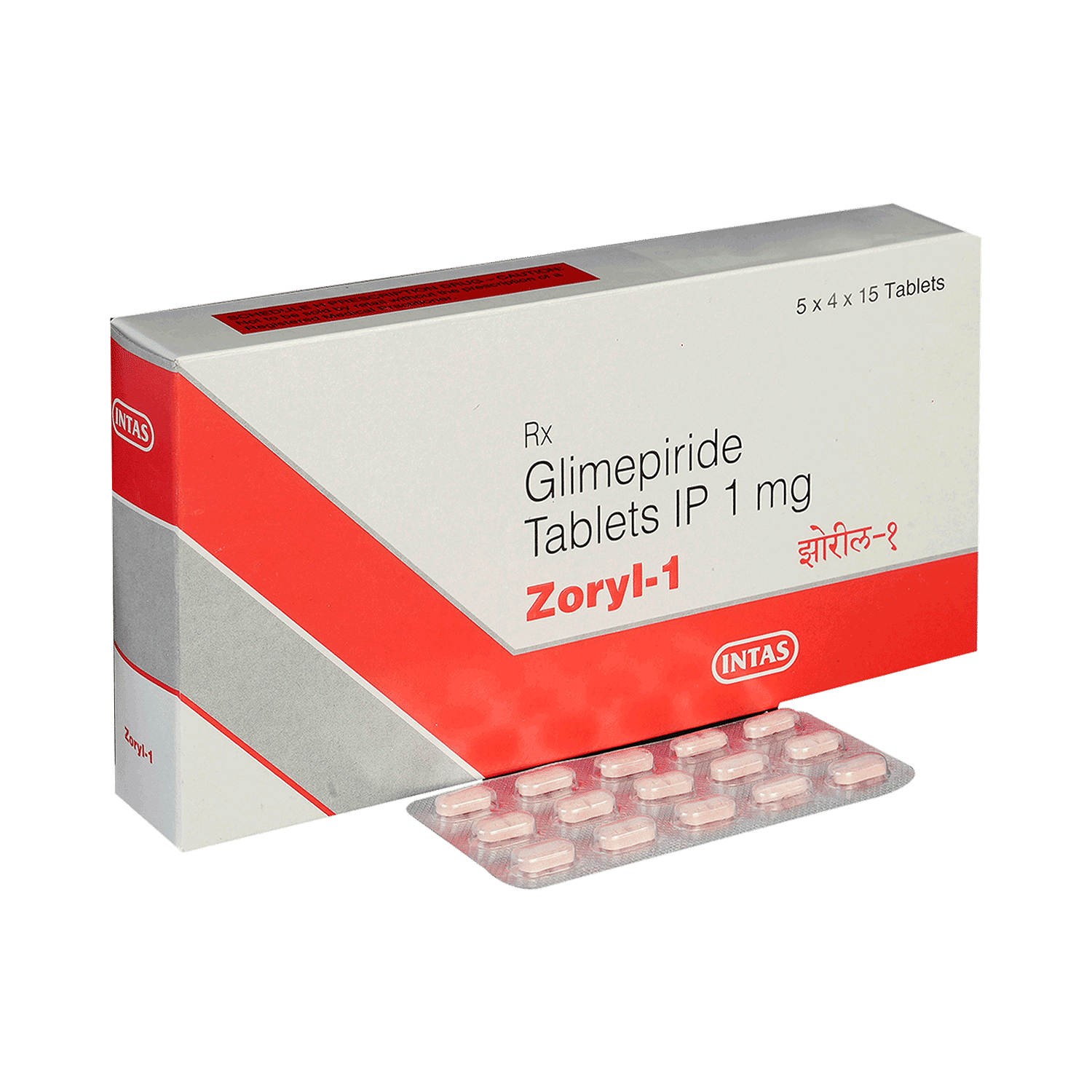
Zoryl-1 Tablet

Metride 1mg Tablet
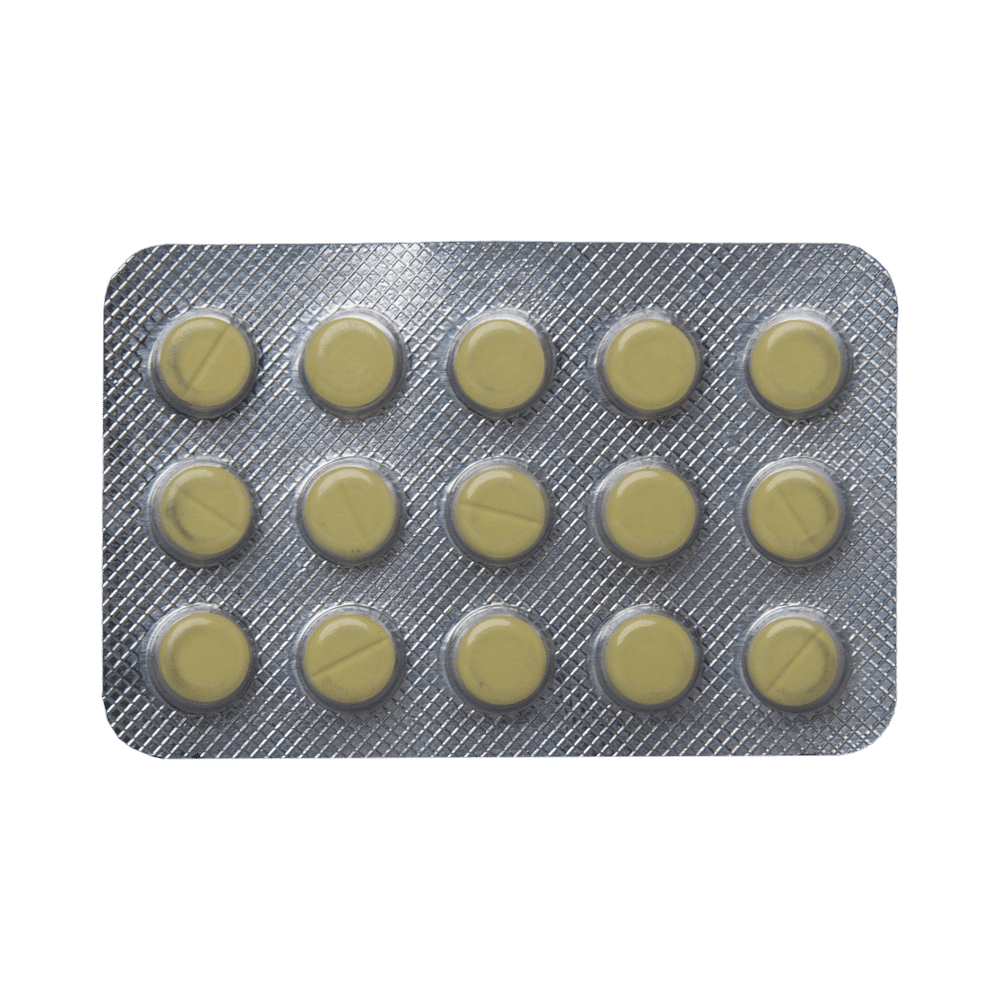
Glimisave 1 Tablet

Glypride 1 Tablet
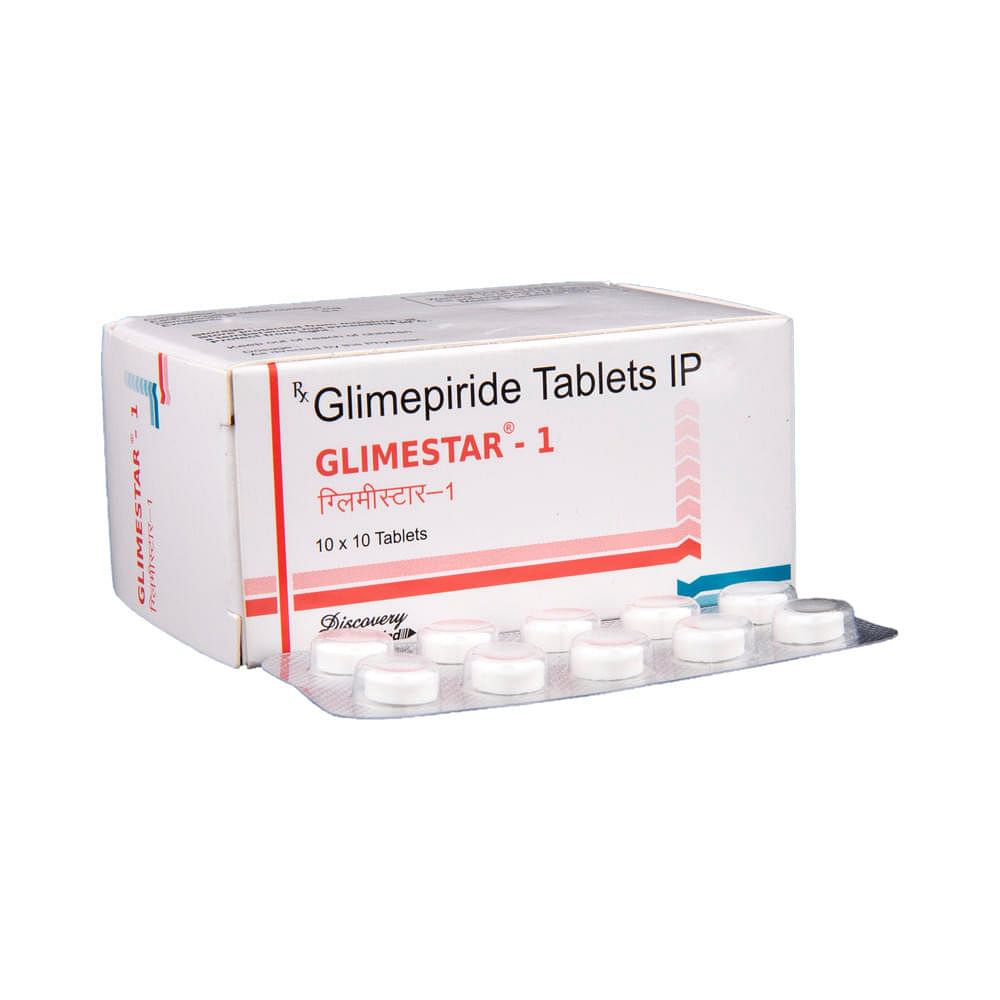
Glimestar-1 Tablet
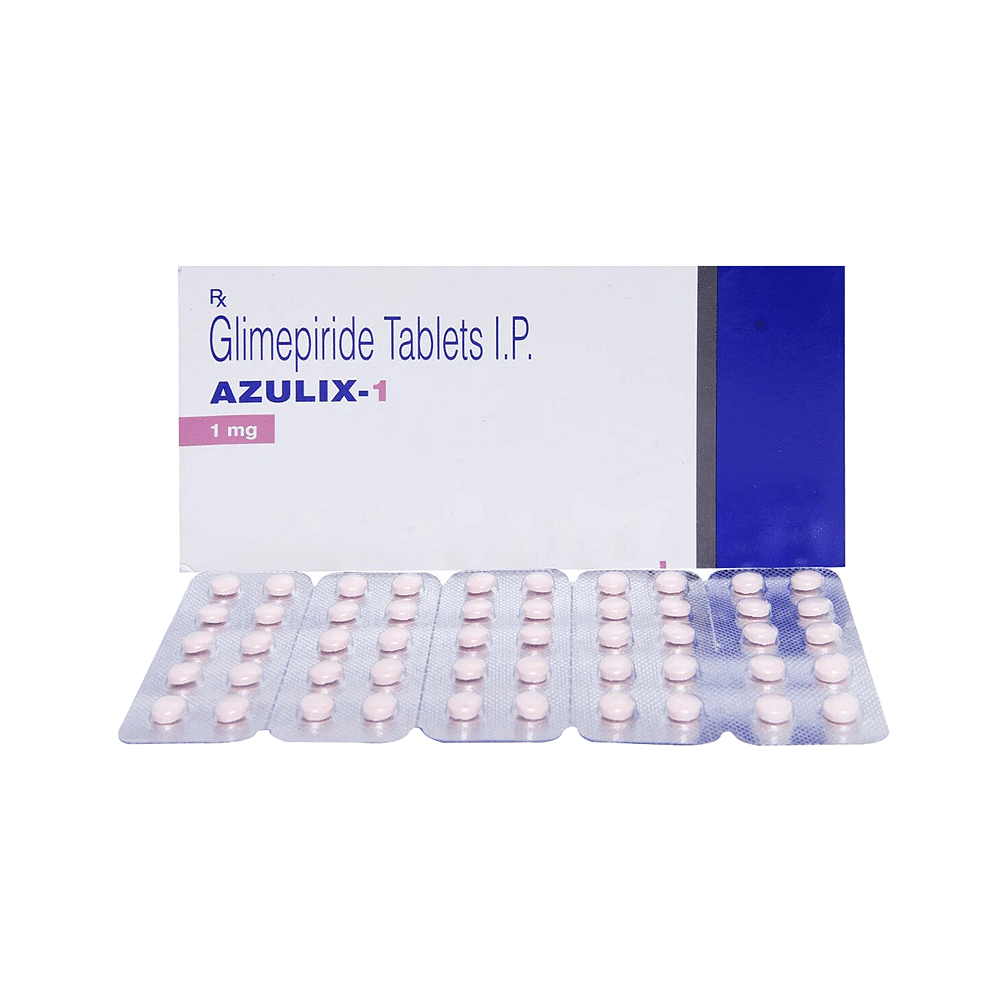
Azulix 1 Tablet
Frequently asked questions
What is the recommended dosage of Glimifix 1mg Tablet?
The recommended starting dose of Glimifix 1mg Tablet is 1 mg or 2 mg once daily, administered with breakfast. If you are at a higher risk of low blood sugar (e.g., the elderly or patients with renal impairment), your doctor will give you a lower initial dose. The usual maintenance dose is 1–4 mg once daily.
Does Glimifix 1mg Tablet cause sleepiness?
Glimifix 1mg Tablet itself does not cause sleepiness, but it may cause low blood sugar (hypoglycemia) when used with other diabetes medications. This can lead to dizziness, shaking, anxiety, irritability, a fast heartbeat, and confusion.
Is Glimifix 1mg Tablet safe for kidneys?
Glimifix 1mg Tablet does not affect kidneys in patients with normal kidney function. However, its use should be avoided in patients with severe kidney disease since Glimifix 1mg Tablet is primarily eliminated by the kidneys.
Does Glimifix 1mg Tablet cause memory loss?
No, it is not known that Glimifix 1mg Tablet causes memory loss. However, the use of Glimifix 1mg Tablet may cause low blood sugar which can lead to problems with concentration and reduced alertness.
Who should not take Glimifix 1mg Tablet?
Glimifix 1mg Tablet is not suitable for people who have severe kidney or liver disease, pancreatitis, or certain conditions. Your doctor will advise you if this medication is safe for you to use.
What should I avoid eating while taking Glimifix 1mg Tablet?
It's advisable to control your carbohydrate intake and limit foods that are high in saturated and trans fats, opting instead for healthier fats from fish and nuts.
Can people with diabetes have proteins?
Yes, people with diabetes should include proteins along with other essential nutrients in their daily diet. Proteins help provide energy and support overall health.
Are artificial sweeteners good for people with diabetes?
No, artificial sweeteners are not recommended for people with diabetes as they can cause mild to severe side effects.
Can diabetes cause kidney failure?
Yes, uncontrolled diabetes can lead to diabetic nephropathy, a condition that may result in kidney failure. Regular monitoring of blood sugar levels and healthy lifestyle choices can help prevent this complication.
Can diabetes be cured?
While there is no cure for diabetes, it can be managed through lifestyle changes, diet, and medications. Effective management can significantly reduce the risk of complications and improve overall health.


